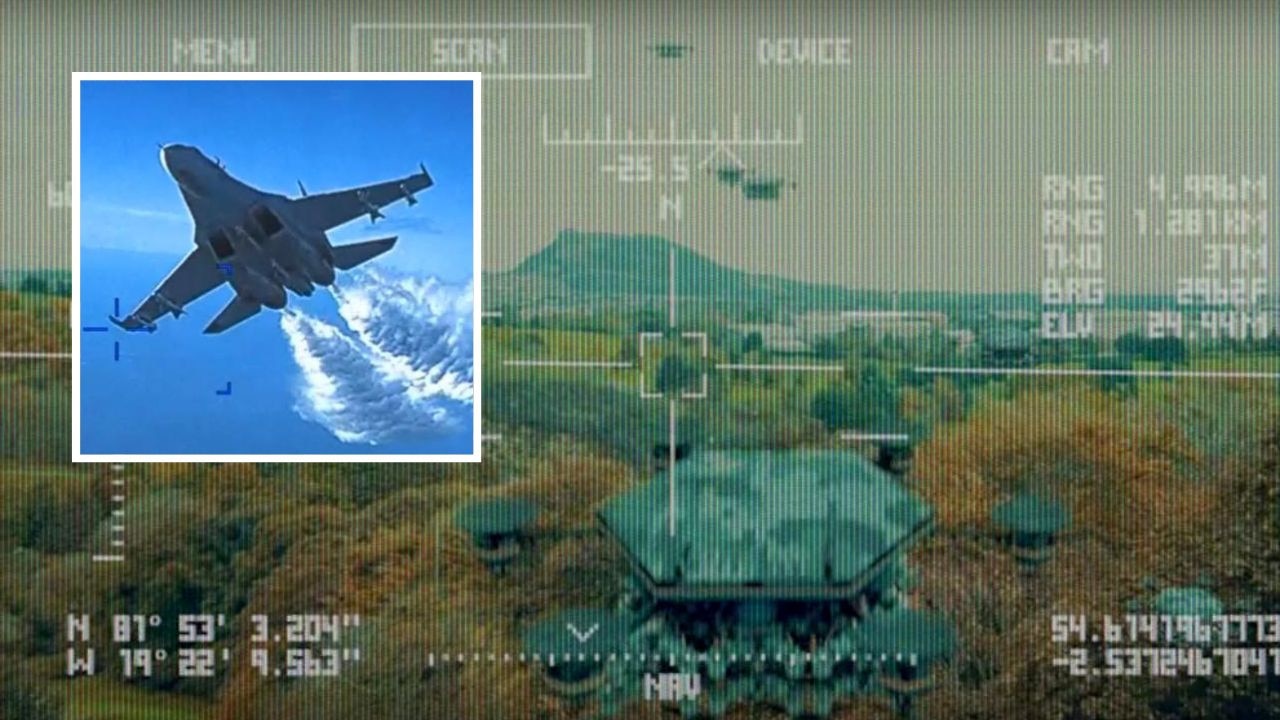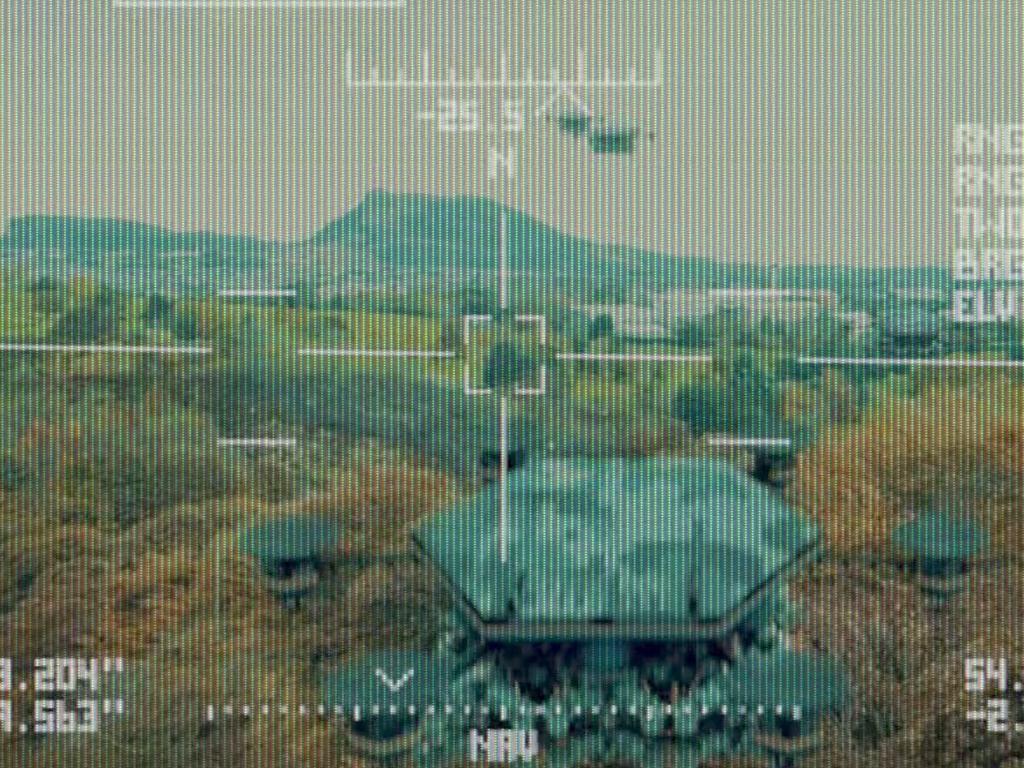Why Australia must prepare for the future of artificial intelligence
The extraordinary rise of artificial intelligence in recent months has brought an uncomfortable question facing Australia back to the surface.

For your Average Joe, the rapid rise of artificial intelligence in 2023 has been absolutely stunning — but also downright scary.
The arrival of ChatGPT and similar applications now available to consumers has given the regular person access to some of the most advanced language models ever seen.
In a few short months of it being available, people have already used the free service to generate income, among several other useful exploits. The key is knowing what to ask.
But what does the rapid advancement mean for the future of warfare?
It’s well known that consumers are only ever given a snippet of the technology available to the army, so it’s hard to know what exactly is being cooked up by the world’s leading military scientists.
While visions of robot soldiers and self-driving tanks may be the first things that come to mind, the reality is a bit more complex.
Artificial intelligence’s potential to revolutionise military operations has understandably enticed world superpowers, as they compete in a dystopian technological arms race to get the edge over adversaries.
Russia recently experienced the costly consequences of being behind the times during a recent incident where a missile cruiser was sunk after being distracted by a drone.

Despite Vladimir Putin’s declaration that “whoever becomes the leader in this sphere will become ruler of the world”, the Russian military was caught out in an error that could have been avoided with AI.
One of the key benefits of AI for militaries is its ability to perform mundane and repetitive tasks, freeing up personnel for more complex operations.
Accuracy, speed and the ability to almost completely eradicate human error are, on paper, the main benefits to rapidly advancing machine learning.
AI can be used to identify high-value targets in a crowd using facial recognition, translate text for open-source intelligence, and generate text for use in information operations.
It can also assist with fraud detection in contracting services, predicting when weapons systems will fail due to maintenance issues, and developing winning strategies in conflict simulations. All of these applications and more can be force multipliers in day-to-day operations and in the event of open warfare.
There are drawbacks, however. The need for artificial intelligence to access sensitive information presents a glaring issue. Many AI systems are trained using data that has been labelled by experts, usually a human.
Obtaining this data and sharing presents a massive issue for organisations like the military that rely on in-house information remaining classified.
Professor of AI at UNSW, Toby Walsh, believes warfare has “entered the age of automation”.
However, in an article for The Conversation, he questions why the Australian government’s recent defence strategic review “failed to seriously consider the implications” of AI-enabled warfare.

Australia already possesses autonomous weapons and vehicles that can be used in conflict. The country plans to acquire unmanned Ghost Bat aircraft to ensure that its expensive fighter jets are not vulnerable to advanced technologies.
The defence force is also testing a new type of unmanned surveillance vessel called the Bluebottle and building a prototype Ghost Shark unmanned submarine.
The government has also announced a defence innovation “accelerator” that aims to bring cutting-edge military technologies, including hypersonic missiles, directed energy weapons, and autonomous vehicles, into service sooner.
Despite the significant investment in defence capabilities, the recent defence strategy review mentions autonomy and AI only in the context of existing weapons systems, according to Professor Walsh.
Major powers around the world, such as China, the United States, and Russia, have already identified AI as a crucial component of the future military landscape and are racing to advance their capabilities.
“Australia needs to consider how it might defend itself in an AI-enabled world, where terrorists or rogue states can launch swarms of drones against us – and where it might be impossible to determine the attacker,” the artificial intelligence expert sid.
“A review that ignores all of this leaves us woefully unprepared for the future.
“We also need to engage more constructively in ongoing diplomatic discussions about the use of AI in warfare. Sometimes the best defence is to be found in the political arena, and not the military one.”





